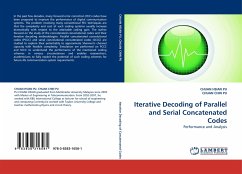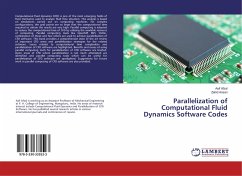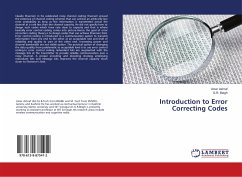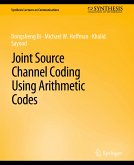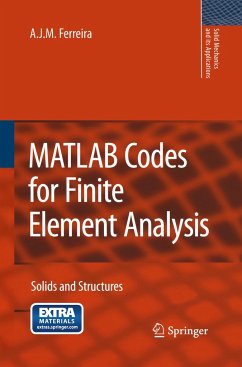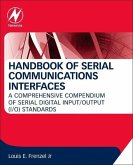In the past few decades, many forward error correction (FEC) codes have been proposed to improve the performance of digital communication systems. The problem involving many conventional FEC techniques are that the complexity and cost of such coding systems usually increase dramatically with respect to the attainable coding gain. The author focused on the study of the concatenated convolutional codes and their iterative decoding methodologies. Parallel concatenated convolutional codes (PCCC) and serial convolutional concatenated codes (SCCC) are studied to explore their potentiality to approximate Shannon's channel capacity with feasible complexity. Simulation are performed on PCCC and SCCC to understand the performance of the mentioned coding schemes in various circumstances and enables reseaerchers, academicians to fully exploit the potential of such coding schemes for future 4G communication system requirements.

